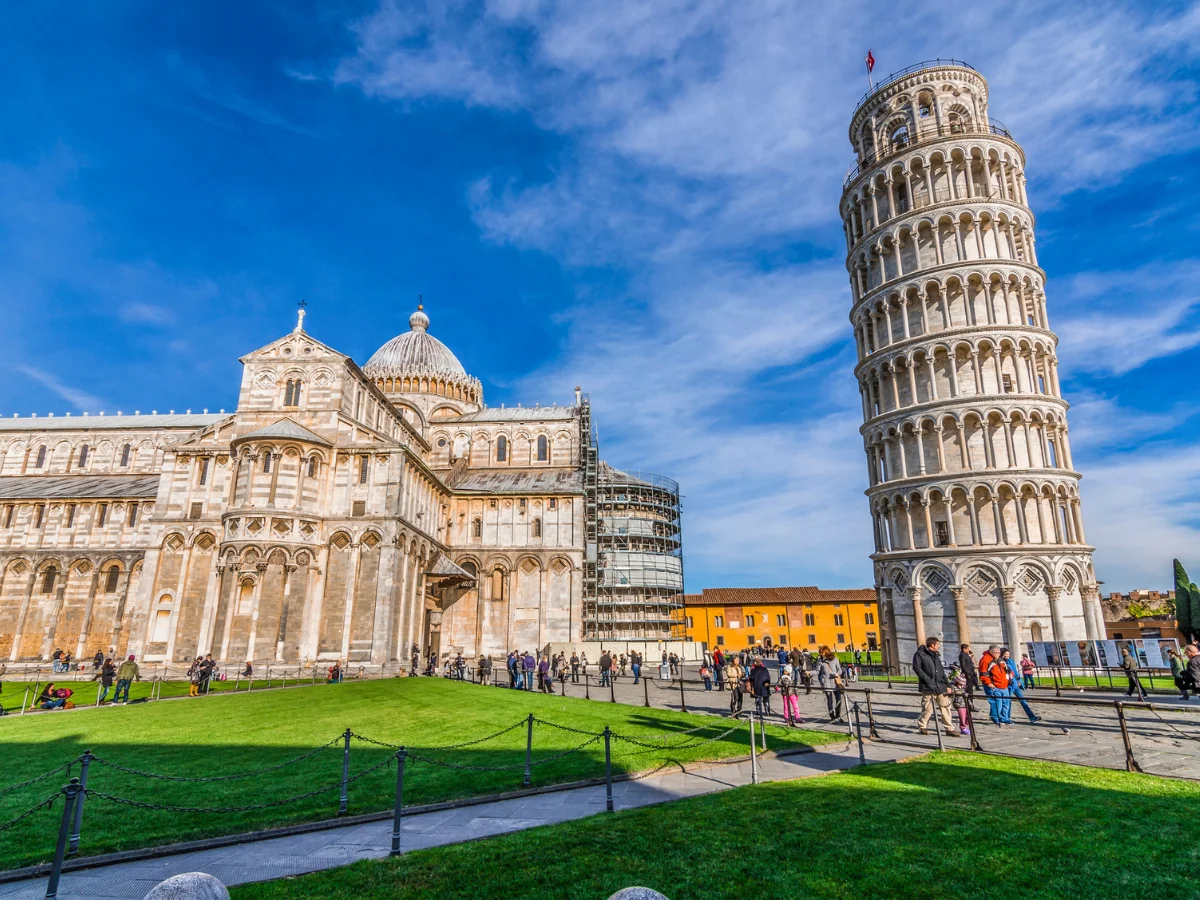Galen was a prominent physician in ancient Rome
Galen was a prominent physician in ancient Rome who made groundbreaking contributions to medicine. Through extensive dissections and empirical observations, he advanced understanding of human anatomy and physiology. Galen’s holistic approach emphasized the balance of bodily fluids for health. Despite facing criticism, his teachings influenced medical practice for centuries. Galen’s legacy persisted through translations and shaped medical education in both Eastern and Western civilizations. Today, his impact endures in medical terminology and concepts.

Galen was a prominent physician in ancient Rome
Early Life and Education
Born in 129 AD in Pergamon, Asia Minor, Galen showed a keen interest in medicine from a young age. He studied philosophy before pursuing medicine under renowned practitioners of his time.
Medical Expertise
Galen’s expertise extended across various fields, including anatomy, physiology, pharmacology, and surgery. He conducted extensive dissections on animals, laying the foundation for his understanding of human anatomy.
Contributions to Medicine
Galen’s contributions to medicine were manifold. He emphasized the importance of empirical observation and experimentation, challenging prevailing medical theories. His writings encompassed diverse topics, from the function of organs to the treatment of diseases.
Influence and Legacy
Galen’s influence extended far beyond his lifetime. His works were revered in both the Eastern and Western Roman Empires, shaping medical education and practice for centuries. Galen’s teachings remained dominant in Europe until the Renaissance.
Treatment Methods
Galen advocated for a holistic approach to healthcare, emphasizing the interconnectedness of the body and mind. He prescribed treatments based on the theory of the four humors, balancing bodily fluids to maintain health.
Criticism and Controversy
Despite his immense influence, Galen faced criticism from some contemporaries and later scholars. His reliance on animal anatomy and adherence to ancient Greek medical theories led to debates among medical practitioners.
Galen’s Enduring Influence
Even today, Galen’s legacy persists in medical education and terminology. Many of his writings survived through Arabic translations and influenced Islamic medicine, eventually reintroduced to Europe during the Renaissance.
Conclusion
Galen’s impact on the history of medicine is undeniable. His innovative approach to medical research and practice laid the groundwork for modern medicine, earning him a place as one of the most significant physicians of ancient Rome.



